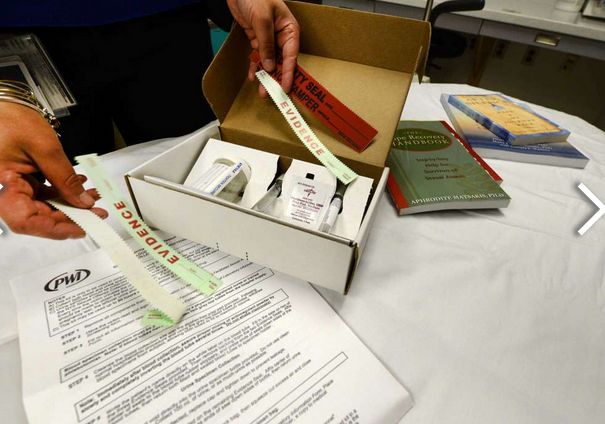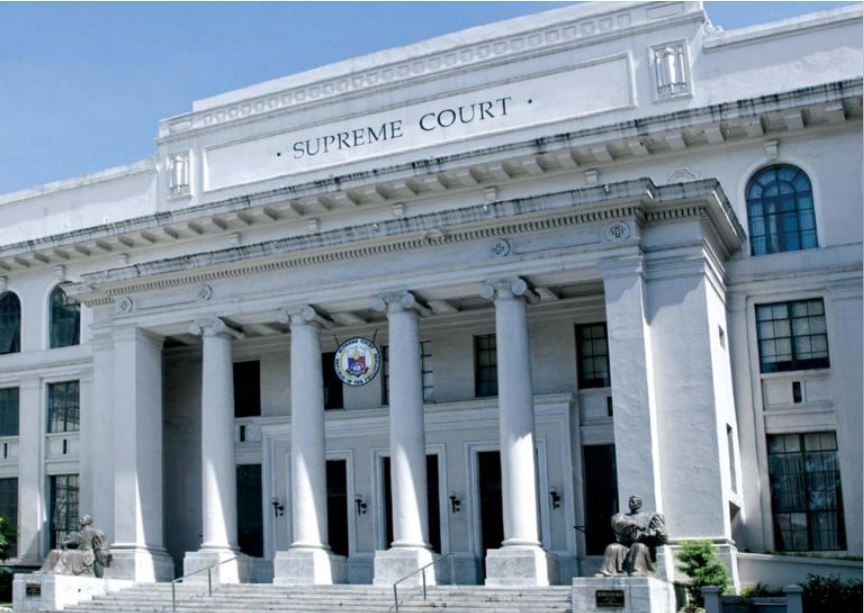- Home
-
News | Services
- CertificationEvidence Training & Certification Programs
- AccreditationAccreditation Guide & Resources
- Evidence News Top National & Global News
- NewsletterMonthly IAPE Email Newsletter
- Sponsors/AdvertisersAdvertisers & advertising options
- Job BoardView & Submit Job Listings
- Evidence Associations State Affiliates & Organizations
-
 ResourcesBooks | Manuals | Guides
ResourcesBooks | Manuals | Guides
- IAPE Forms & Professional StandardsForms | Standards Sample
- Manuals & GuidesSubmission | Packaging | & More
- DNA ResourcesJournal Articles & Law Enforcement Links
- Other ResourcesAudits | Digital | Best Practices
- Fentanyl ResourcesAudits | Digital | Best Practices
- Admin KillAdmin Approval to Purge Docs
- IAPE GalleryBest Practices From Agencies
- Fentanyl Resources & Guides
- Evidence by the book
- Evidence LogOnline IAPE Magazine
- Classes
- Membership
- About
- StoreIAPE Krapola
-
 Video ClassStudent Login
Video ClassStudent Login
Measures would create a central storage facility where rape kits kept for 20 years
February 14, 2018
ALBANY — A bipartisan group of New York lawmakers on Tuesday called for an overhaul of state laws and regulations governing the retention and handling of rape kits, including the creation of a central storage facility where the forensic evidence would be kept for at least 20 years.
Rape kits are used to collect evidence from victims of sexual assault in a grueling procedure that can take several hours. The forensic evidence is normally collected at a hospital by a specially trained medical professional and involves the taking of saliva, hair, urine and blood samples. Any injuries to a victim are photographed and samples of clothing also may be collected.
"It's common sense if you are going to submit yourself to this very intrusive examination then you expect that a hospital or law enforcement isn't going to destroy this rape kit," said Assemblywoman Aravella Simotas, D-Queens. "Currently, hospitals only retain these rape kits for 30 days and that's a problem."
Federal laws mandate that testing of rape kits, including comparing evidence with criminal databases, requires authorization of the victims. But it can sometimes take victims months or years to be willing to pursue criminal charges against their attackers. By then, the forensic evidence often has been discarded.
State Senate Health Committee Chairman Kemp Hannon, R-Long Island, said the measures would also prohibit medical providers from charging victims with any costs associated with conducting a rape-kit test. Victims would also receive HIV testing, access to emergency contraception and a 30-day notification prior to the destruction of their rape kit.
"This package of bills makes sure survivors rights are clearly spelled out, unreported kits are maintained according to federal best practices, all victims have access to specially trained sexual assault providers, and that hospitals are not inappropriately charging survivors," Hannon said.
Last year, nine states including California and Massachusetts adopted measures similar to those cued up by New York's Legislature. Nine more states are considering legislation that would expand regulations governing the handling of rape evidence, according to Rise, a national nonprofit organization that's pushing the legislation.
Hannon said that in conjunction with the legislative initiatives, local hospitals, including St. Peter's in Albany and Ellis in Schenectady, are undertaking a pilot program in which medical personnel trained to conduct rape examinations would use "telemedicine" to walk any nurse or physician through the process.
Cute and Paste Content Here
Comments
Search IAPE
Blotter - Latest News
Another Police Chief in TROUBLE!
Ohio BCI investigates after police chief fired, audit finds 'money missing from evidence room' 07/12/2024 NEW MIAMI, Ohio (WXIX) - A state law enforcement agency launched an investigation this week at...
How important is chain of custody?
SC acquits 2 individuals of drug charges due to broken chain of custody 01/24/24 The Supreme Court (SC) has acquitted two individuals of drug charges due to a broken chain of custody. In a 22-page dec...
Evidence Technician - Brunswick County Sheriff's Office - Bolivia, NC
Salary: 44k-52k based on Training and Experience Job Requirements: Qualifications: High School Diploma Required. Completion of some relevant college-level coursework preferred.Experience in clerical w...



